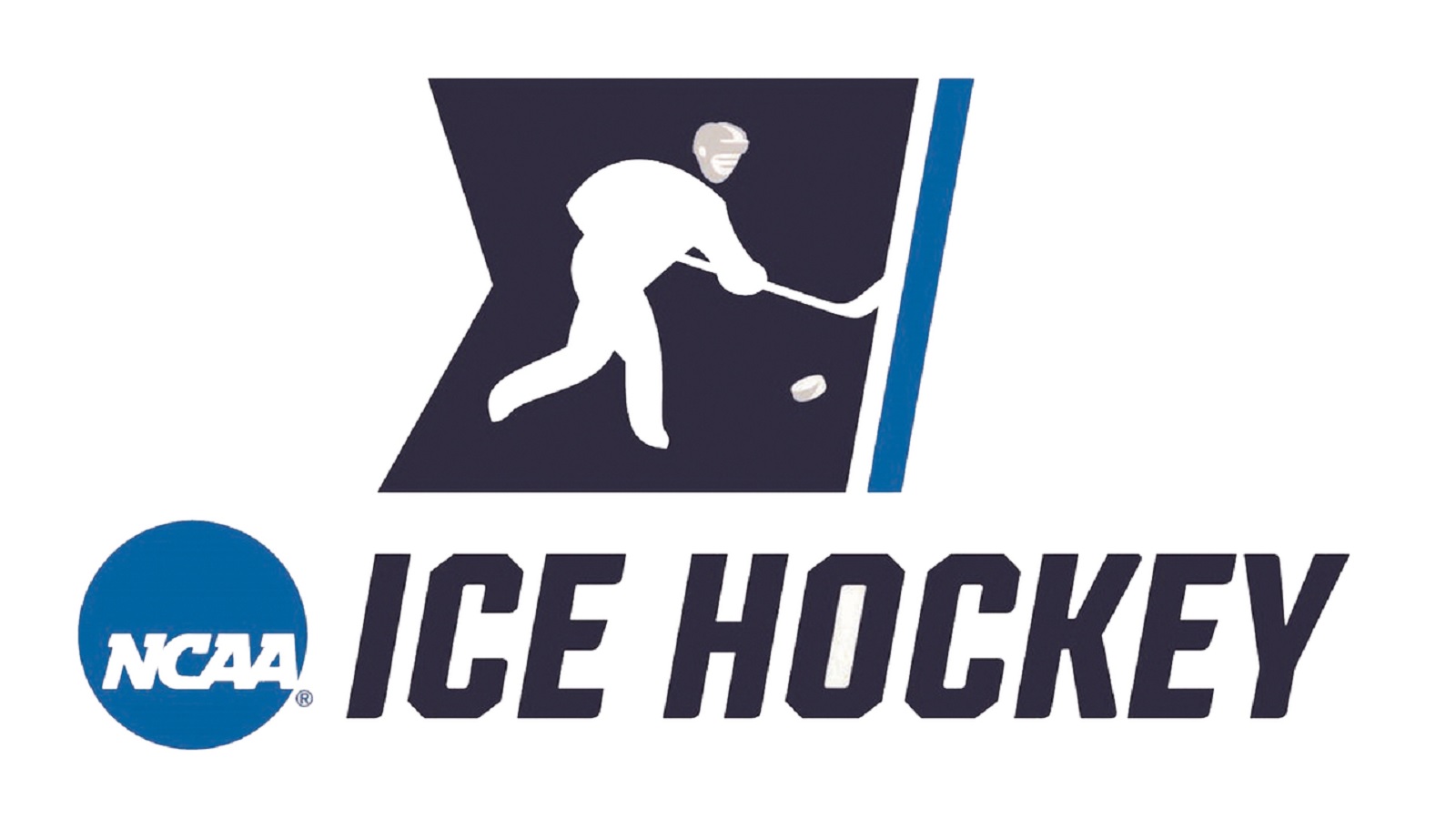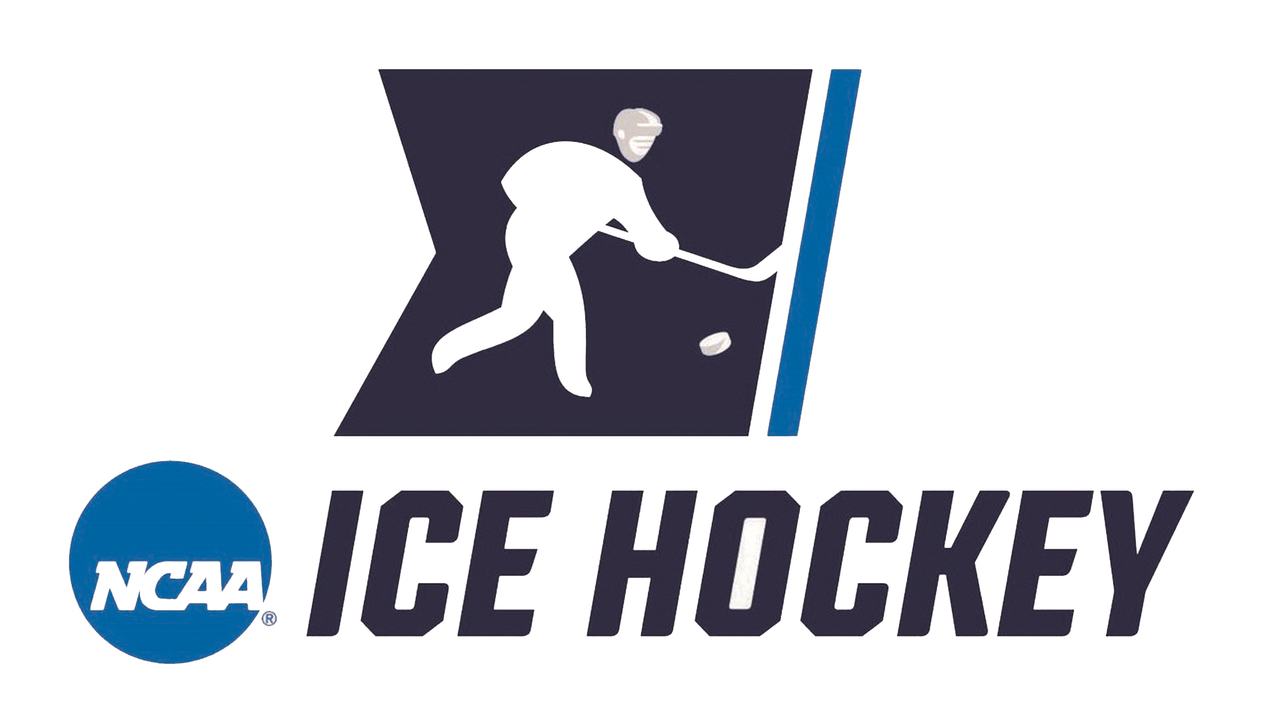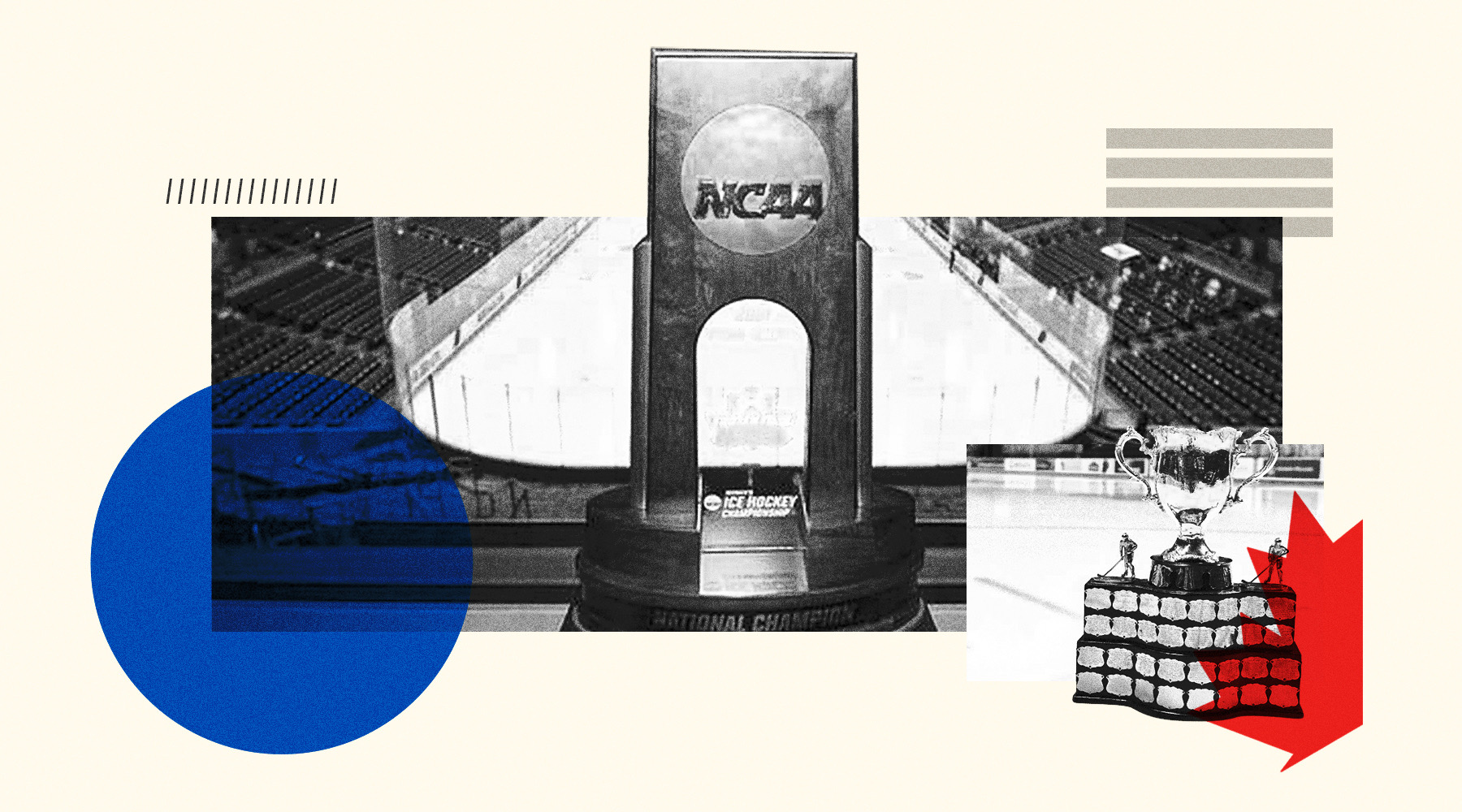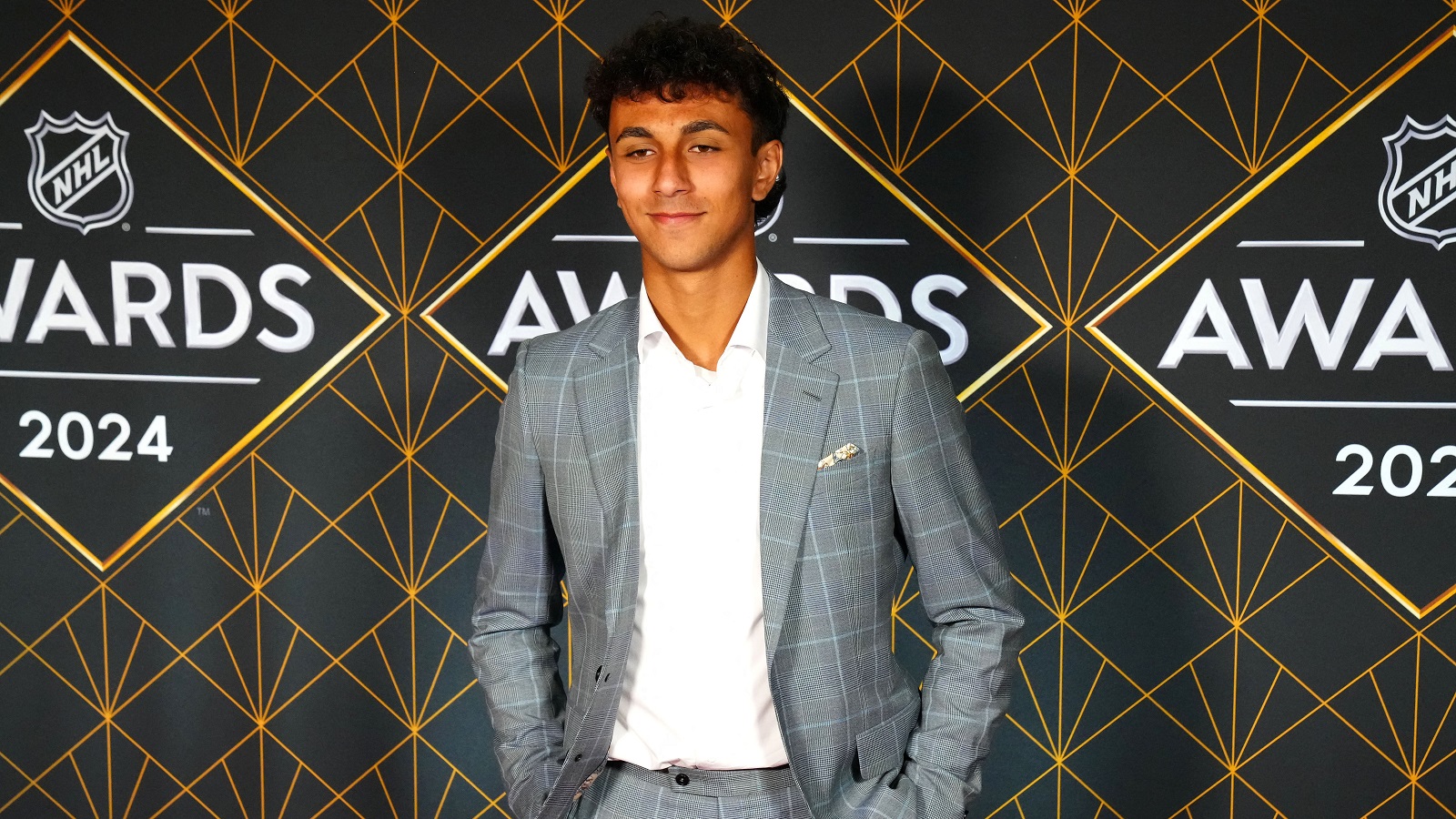NCAA Div. 1 Council alters rule, granting CHL players eligibility

The landscape of developmental hockey and, by extension, the NHL just changed forever.
Earlier today, the NCAA Division 1 Council voted to adopt a proposal that ends the college hockey classification of most CHL players as professionals.
Starting on Aug. 1, 2025, CHL players will, in many cases, be allowed to join NCAA Division 1 programs, and play for those schools in the 2025-26 season.
The rule was intended to bring Division 1 hockey (and skiing) in line with existing NCAA rules for all other sports. Decades ago, the NCAA coaches decided that because the CHL has players in it who have signed NHL contracts — and then were returned to their junior teams — it was technically a professional league. Now, that classification no longer exists, in large part due to growing pressure regarding the changing landscape of college sports as a whole, and in the wake of a proposed class-action lawsuit filed over the summer by Ryland Masterson, a GOJHL player who lost his NCAA eligibility because he played in a pair of OHL preseason games in 2022.
In addition to broadly ruling all CHL players who have not yet signed professional contracts to be eligible for NCAA competition, the newly adopted proposal also allows for additional wiggle room that could benefit both prospects and NHL teams.
For example, Div. 1 NCAA players were previously unable to receive compensation of any kind to attend the summer development camps that have become so popular with NHL teams. They had to pay for their own travel, lodging, food, equipment, and so on. Now, NHL teams are allowed to cover those "actual and necessary expenses," and players retain their eligibility prior to their full-time enrollment with a school, as long as they are not given any additional compensation and do not sign any agreements for future compensation. However, after they have enrolled, they cannot participate in any outside competitions as a representative of that team.
The long and short of this is that if a CHL player wants to change their development path, they are now allowed to move over to an NCAA program, as long as they have not signed a professional contract. For example, Quentin Musty has never played in an NHL game with the San Jose Sharks, but he agreed to an NHL deal in early October before being assigned to the Sudbury Wolves, so he is no longer NCAA eligible. However, any teammates or opponents he plays with or against in the OHL this season who have not signed such deals retain their NCAA eligibility and, as of Aug. 1, will be able to play college hockey instead.
In addition, this rule will also make it easier for European players who have committed to college hockey programs to retain their eligibility. Currently, there are pathways for players who have appeared in professional games but not signed pro contracts to retain their eligibility. For example, Boston University defenceman and Vancouver Canucks first-round pick Tom Willander had to sit out a game at the beginning of last season because he played in two SHL games in 2022-23. Other players have faced more challenging roads back to NCAA eligibility, including sitting out a full season or more. Now, as long as those players are receiving "actual and necessary expenses" to compete in those games, the difficulty should be greatly diminished or eliminated.
The effects of this decision are wide-ranging, but you can expect to see more players like Braxton Whitehead — a player for the Regina Pats who in mid-September publicly announced his commitment to Arizona State for next season — in the coming days and weeks. It will also likely move the CHL from its shared perch atop the developmental pyramid alongside the NCAA to being a step below college hockey.
In addition, the CHL and NHL will have to collaborate to rework their existing transfer agreement. As it stands, teams retain the signing rights to players drafted out of the CHL for two years, but it's four years for NCAA players. Now, both sides must work out how that changes for drafted CHL players who jump to the NCAA.
The floodgates are now open. You can expect dozens or more current CHL players to be on NCAA rosters starting next season. But there's still a lot to figure out between now and then.
 2024-08-13, 17:45NCAANCAA hockey facing class action suit over CHL eligibility rulesMany college hockey coaches believed a lawsuit that would challenge eligibility rules for former CHL players was only a matter of time. That time is now.
2024-08-13, 17:45NCAANCAA hockey facing class action suit over CHL eligibility rulesMany college hockey coaches believed a lawsuit that would challenge eligibility rules for former CHL players was only a matter of time. That time is now. 2024-02-13, 18:15NCAAWhat we know about the potential for CHL players gaining NCAA eligibilityReports are circulating suggesting that CHL players may be granted eligibility to play in the NCAA as soon as next season. Ryan Lambert tells you everything you need to know about that possibility.
2024-02-13, 18:15NCAAWhat we know about the potential for CHL players gaining NCAA eligibilityReports are circulating suggesting that CHL players may be granted eligibility to play in the NCAA as soon as next season. Ryan Lambert tells you everything you need to know about that possibility.


